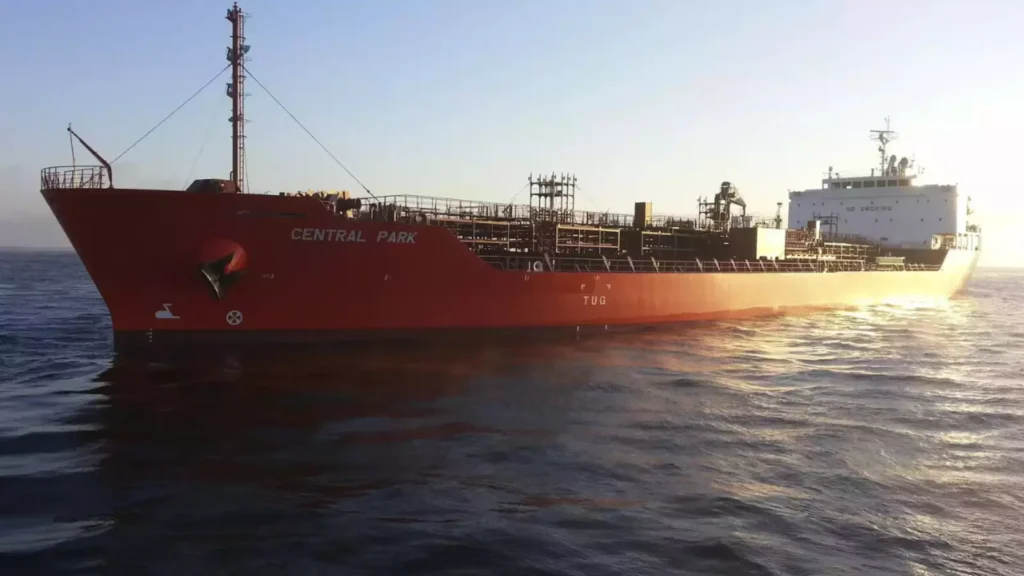
The deteriorating security situation in the Red Sea has led to increased insurance rates and longer travel times for exporters.
Logistics costs significantly impact the country’s manufacturing sector, export competitiveness, and global positioning. The Red Sea route, known for being shorter and faster, was the preferred choice for most shipping companies. Ships transporting goods from major Indian ports like Mumbai and JNPT used the Suez Canal to enter the Mediterranean Sea and reach various European ports based on their destinations.
India heavily relied on this route for trade and energy imports. However, due to disruptions, exporters now have to diversify their trade routes. The worsening security in the Red Sea has resulted in higher insurance rates and longer travel times for exporters. Major shipping companies like Equinor and Maersk have increased their costs, severely impacting Indian companies. Disruptions in freight services and nearly a 50 percent increase in air freight charges have affected the export of perishable goods like vegetables, flowers, fruits, and eggs to the UK, the US, and other parts of the world.
Exporters are anxious about the significant increase in freight costs, which will inevitably impact India’s exports. In the 2023-24 financial year, Indian exports saw substantial growth in both volume and value, totaling nearly $450 billion, with MSMEs playing a crucial role.
The Indian research and information systems estimate that higher container shipping rates and delayed shipments due to route changes could lead to a significant drop in Indian exports in the coming year. Global supply chains have suffered as vessels now take longer routes for exports and imports. The immediate effects are increased freight costs, with small and medium industries in India being the major victims.
The global credit crisis means the world may not be able to absorb this hit. Government agencies need to support the MSME sector to maintain growth and achieve a $5 trillion economy. New markets for perishable goods should be sourced in Asian and Far Eastern regions.
Controlling export container pricing with an incentive mechanism could help mitigate the impact. Since seasonal perishable goods are at the highest risk, an urgent solution from government economic experts is needed.